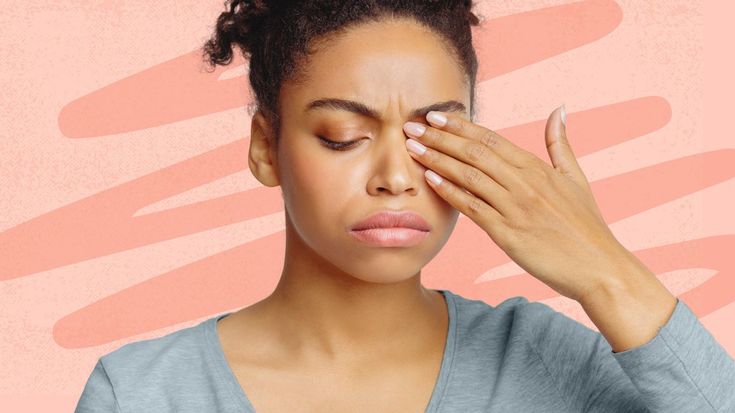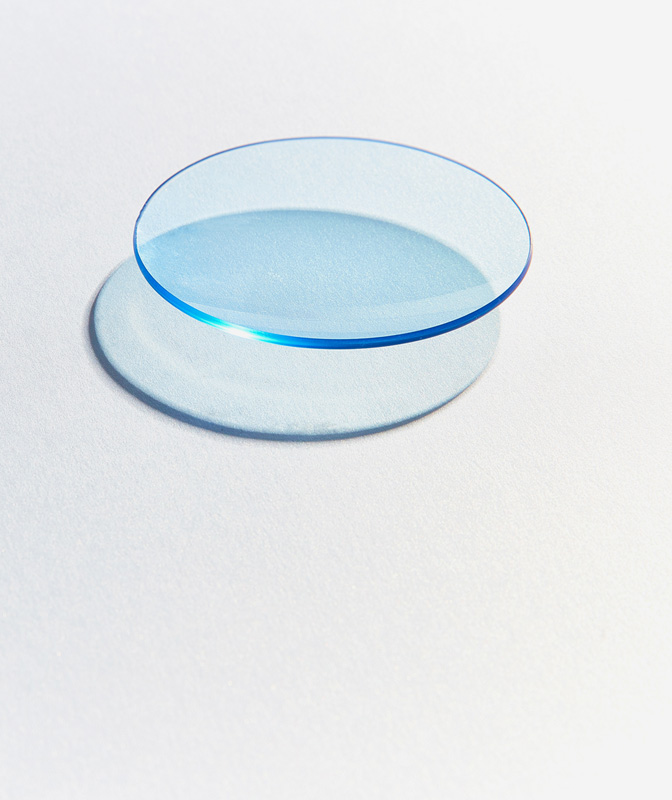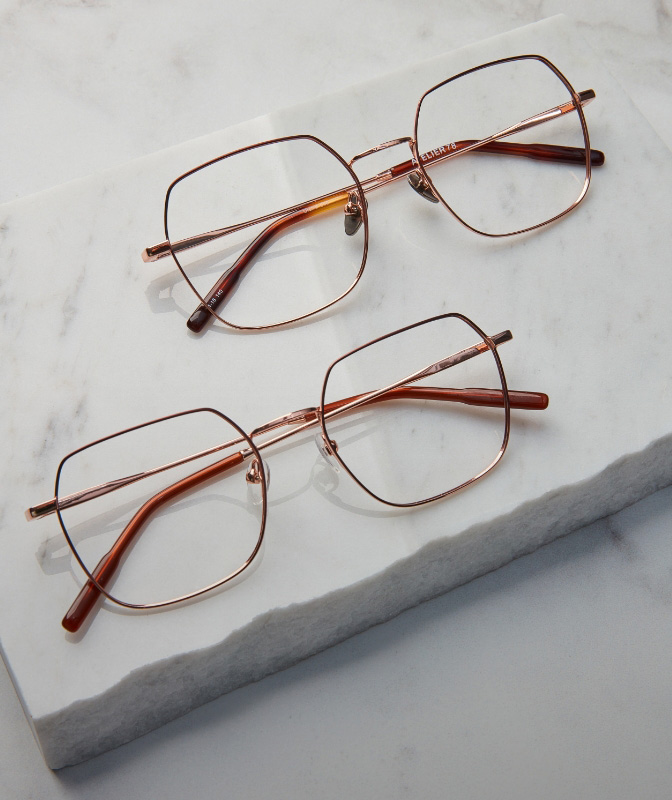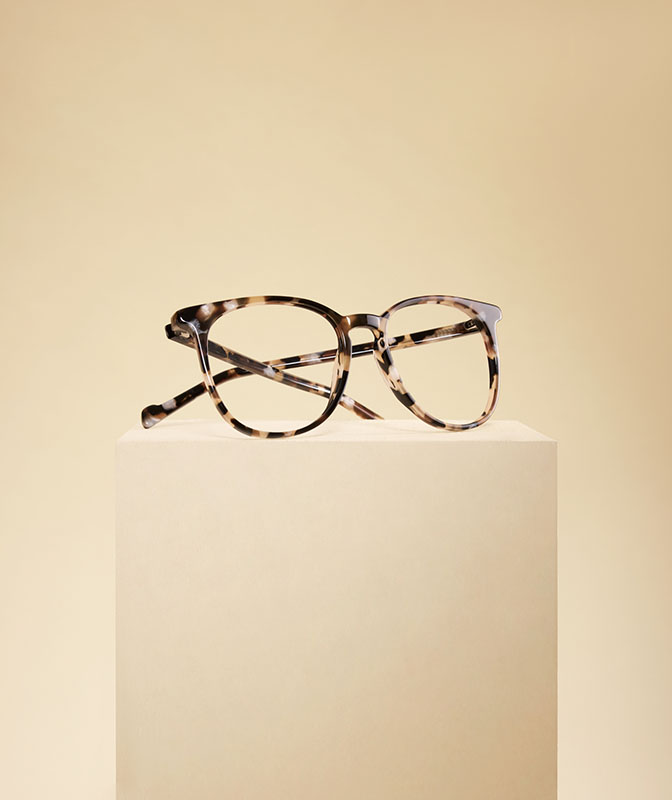Dr. Annabelle Dufour, optometrist at Doyle Laval-Fabreville, explains to us what are ocular problems and how can we prevent them. Discover our practical guide and learn how to care for your eyes.
Keep the Room Bright, Like in a Hollywood Movie
When it comes to visual hygiene, lighting is key. Nowadays, many of us work from home and are not suitably equipped to face the task! So, how do you make sure that your lighting is optimal for your eye health? It’s quite simple. When you’re in front of a screen, make sure to:
- Have ambient lighting in the room.
- Reduce the contrast between your screen and the global lighting in the room as much as possible.
- Complement the global lighting with a desk lamp on your work surface, especially if you have paperwork to do.
And, late at night, avoid reading on an electronic device in the dark.
Practice the 20-20-20 Rule
Do you know the 20-20-20 rule? It’s a practical way to remember to take screen pauses regularly, allowing our accommodative muscles to rest and avoid ocular fatigue. How does the rule work? Every 20 minutes, for about 20 seconds, take your eyes off your screen and look far away, at a distance of about 20 feet.
Why? Because the accommodative system, which is responsible for helping us focus, is like a muscle. And — if there are any weightlifters or bodybuilders in the room — you are probably aware that you can’t hold up weights for an entire hour with no break. You have to vary the movements to get results! It’s the same for your eyes: you should avoid staring from the same distance for many consecutive hours so that you don’t tire your eyes in vain. If you can, plan a few moments each day to take a breath of fresh air and rest your eyes.
Blink as If You Want to Charm Your Tender Half
Did you know that when you’re in front of a screen, you blink up to 3 times less than normal? This can seem trivial, but the impact is much more important than you can imagine! Blinking is necessary in order for our Meibomian glands to work properly. Every time you blink, these little glands release an oil that goes into your tears and lubricates your eyes. If you don’t blink enough, the glands can get clogged, which can cause numerous problems, like the famous chalazions: these are small red bumps located on the eyelid that are more or less painful, and can be confused with eye styes.
Simply put, blinking is really important. And realizing that will help you avoid many eye problems.
Protect Yourself From Blue Light
Are you unsure what blue light is? Learn all you need to know on the subject in our article. Otherwise, here are a few ways to protect your eyes from blue light:
- If you wear eyeglasses, make sure that they are treated against blue light.
- If you work on an Apple device, activate the night shift. A night shift option is also available on Android devices.
- If you work on a device from another brand, you can install software that filters blue light, such as F.LUX.
Beware: all blue light treatments block only approximately 20 to 30% of blue light, so the best solution to protect your eyes is to limit your screen time!

Photo credit : Pinterest
Keep your Distance!
With the Covid pandemic, you’ll have heard it often enough… Keep a safe distance! In this case, we’re not talking about the 6 feet, as recommended by Santé Canada, but rather a reasonable distance between your eyes and your screen. This avoids putting immense stress on your accommodative system.
What’s the ideal distance?
- If using a smart phone or tablet, always keep the device at least one forearm away from your eyes.
- When using a computer, it’s one arm distance minimum.
Prevention is Better than Cure
Good visual hygiene also includes visiting your optometrist on a regular basis to help prevent future ocular problems.
It’s Already Hell?
Perhaps this article would have been useful to you a few months ago, and you’re already suffering from:
- Redness
- Tingling
- Feeling of having sand in your eyes
- Teariness
- Blurry vision
- Excessive blinking (not encouraged by our tips above)

Photo credit : Pinterest
We hate to break it to you, but you’re going to have to book an appointment with your eye doctor! You’re probably suffering from eye fatigue, but it’s better to be safe than sorry, especially since ocular problems that are not addressed may also be causing your symptoms.
Book an appointment with one of our optometrists in a Doyle boutique near you!
Written in collaboration with Dre. Annabelle Dufour, optometrist associated at the Fabreville boutique






